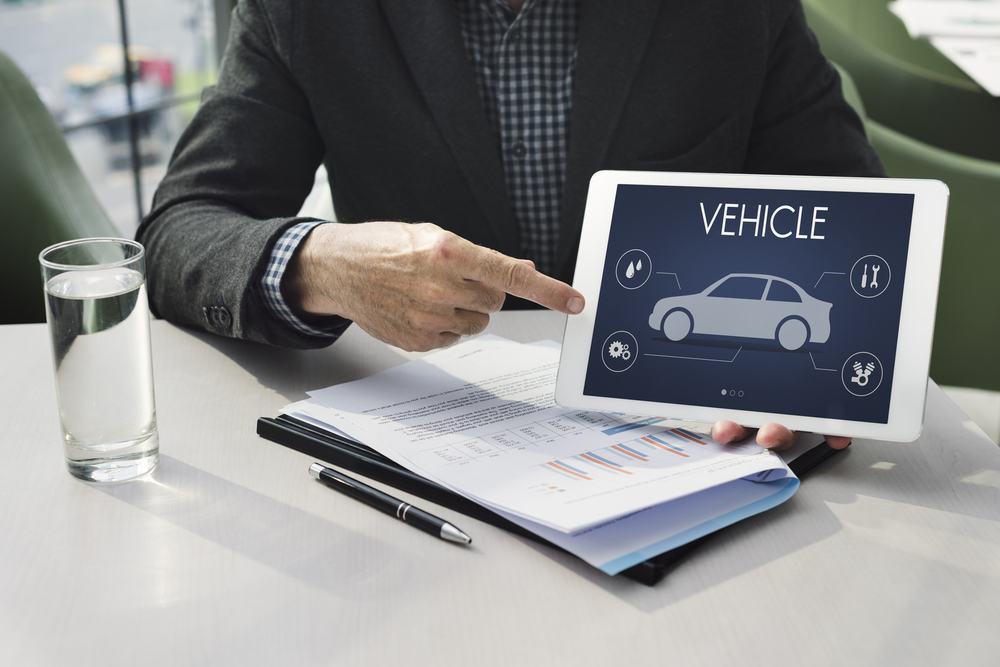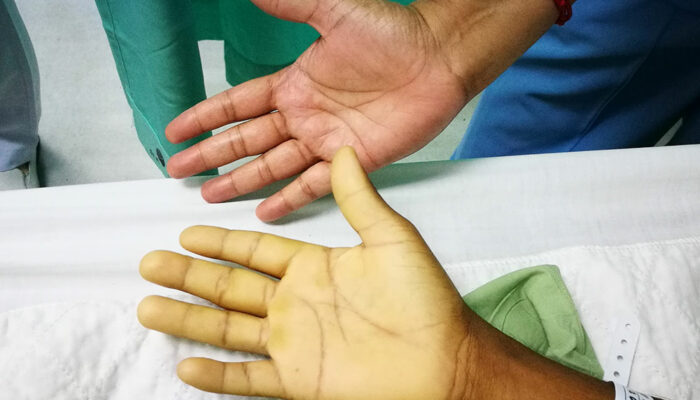
Essential Vehicle Maintenance Not to Skip
Vehicles are designed to last hundreds of thousands of miles, and if you want your car to do just that, you cannot afford to skip essential maintenance. Regular car service extends the life of your vehicle, increases safety, and spares you thousands of dollars in repairs. All vehicles come with a service manual that owners need to adhere to strictly.
While all scheduled maintenance for your car is critical, you should never skip the following:
1. Oil change
The oil change is one of the most important vehicle maintenance services crucial to your engine operations. It is intended to keep the engine running smoothly. Fresh oil lubricates the moving parts and engine bearings with ease restoring power and fuel efficiency. Failure to change the oil regularly will lead to excessive tear and wear in the engine as the old oil breaks down and loses the capacity to facilitate lubrication properly. It also carries dirt and debris, which contaminate the engine.
2. Tire rotation
Most vehicle manufacturers advise that your vehicle is due for a tire rotation approximately every 7500 miles. The service is essential because it helps maximize tread life for optimal wear performance. Rotating tires extends their life and also enhances safety on the road. Last but not least, several tire mileage warranties demand rotation to maintain their validity.
3. Replacing worn wiper blades
When wiper blades start streaking when in use, they are due for a replacement. Most wiper blades are designed to last for approximately 12 months; however, depending on the climate, you might have to replace them twice a year. Signs that your wipers may be worn out and need replacing are if they begin to dart up and down against the windshield, if they make clattering sounds, and if the rubber blade is broken or worn out. Visibility while on the road is crucial, and worn-out wiper blades prevent you from effectively cleaning your windshield. In addition, worn-out blades could break free from the blade arm and could scrape or break your windshield, leading to a costlier repair for your vehicle.
4. Topping up fluid levels
Power steering fluid is vital because it keeps the energy flow in your steering system working efficiently. Power steering fluid is a hydraulic fluid that ensures your pistons, hoses, and the steering pump are working effortlessly. It also protects O-rings and seals that, if not properly lubricated, become fragile and break, causing severe damage to crucial parts of the steering system and will cost much more to repair.
5. Replacing worn brake pads
The braking system in your vehicle slows down your car and eventually brings it to a stop. Worn-out brake pads damage the brake rotors because every time the motorist brakes, the exposed metal on the pads grinds against the rotors. Additionally, when the metal parts rub against each other, they produce heat that can break or bend the rotors. Worn-out brake pads eventually wear your tires out. One damaged component of the braking system can set off the entire system, which will lead to a slowed-down response when brakes are applied, posing a danger to you, other motorists, and pedestrians. Ensure your worn out brake pads are replaced to avoid unnecessary repair costs.



